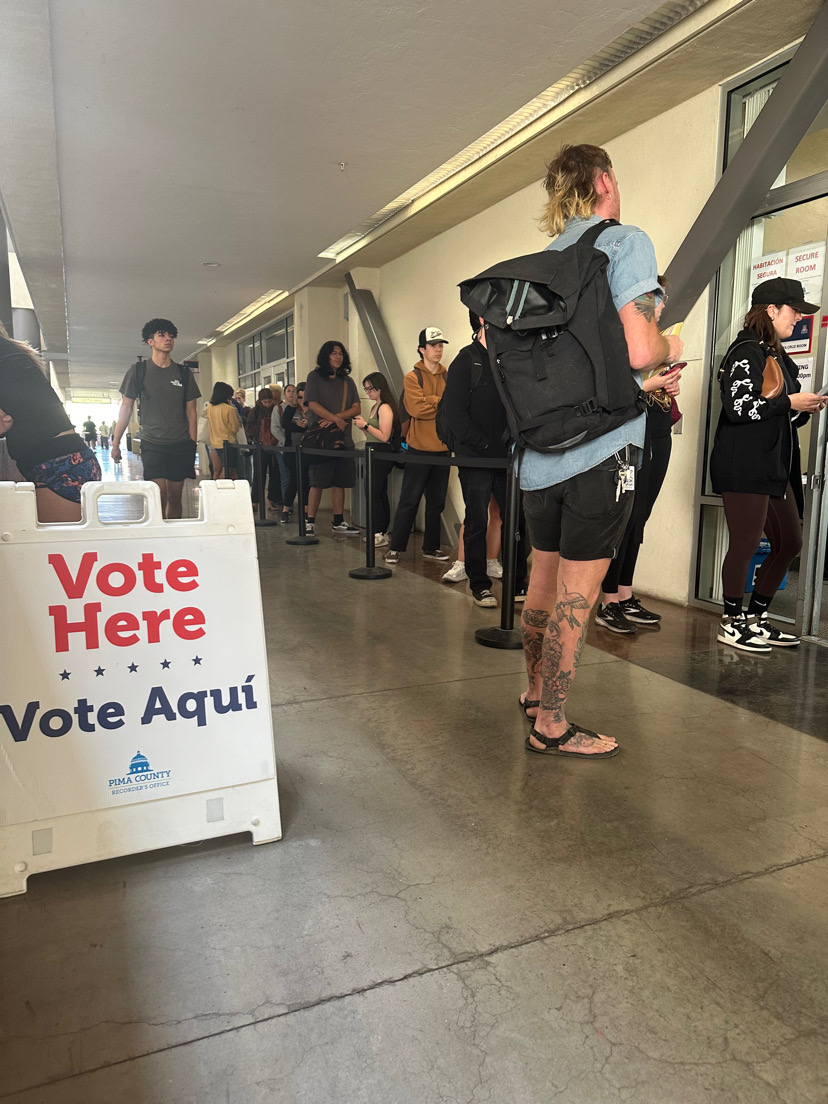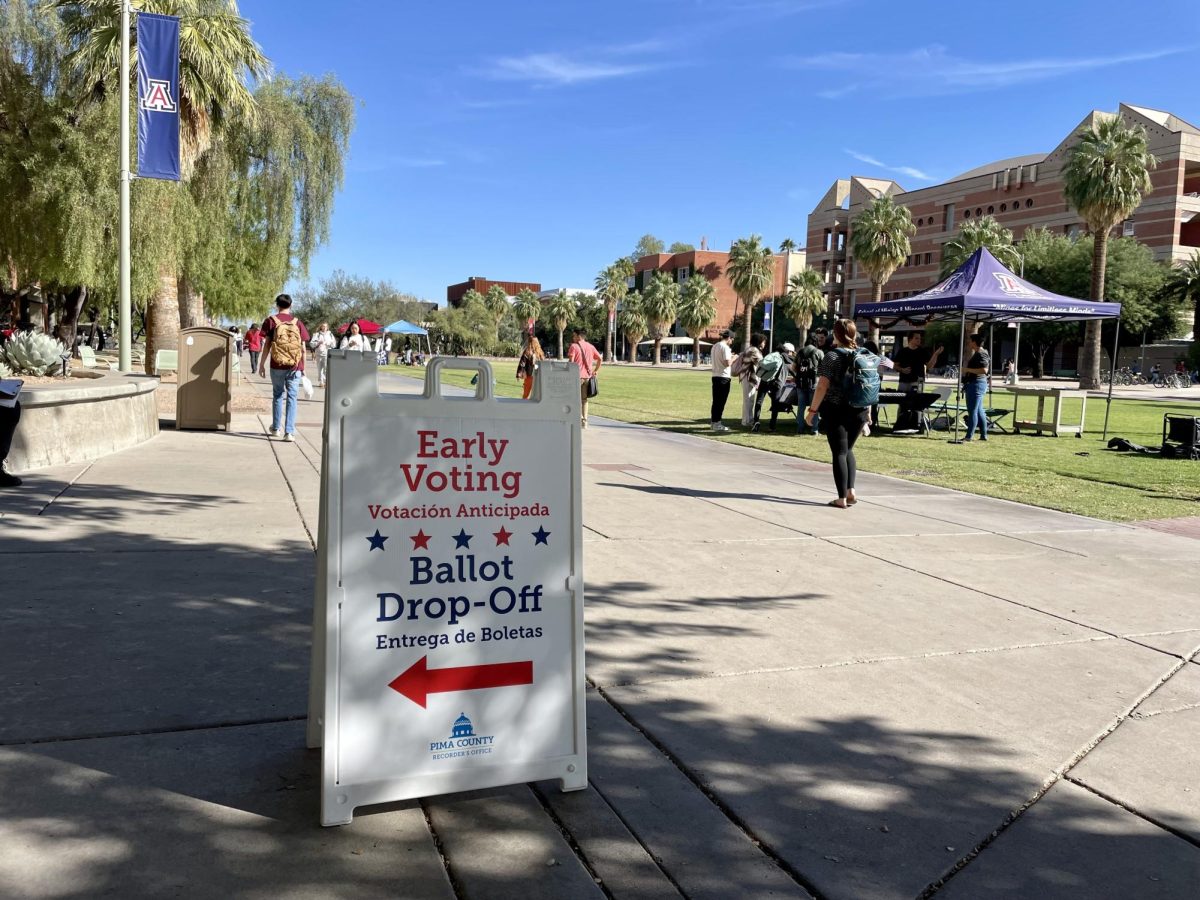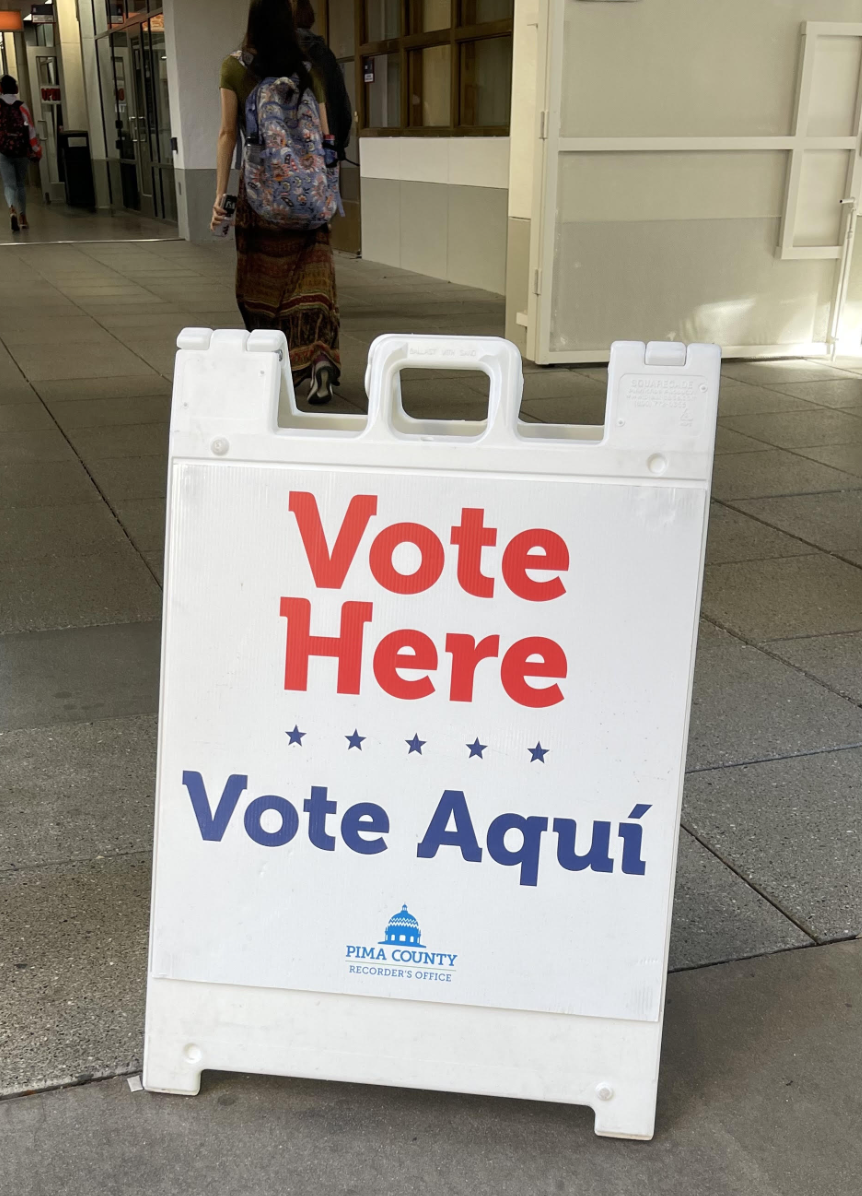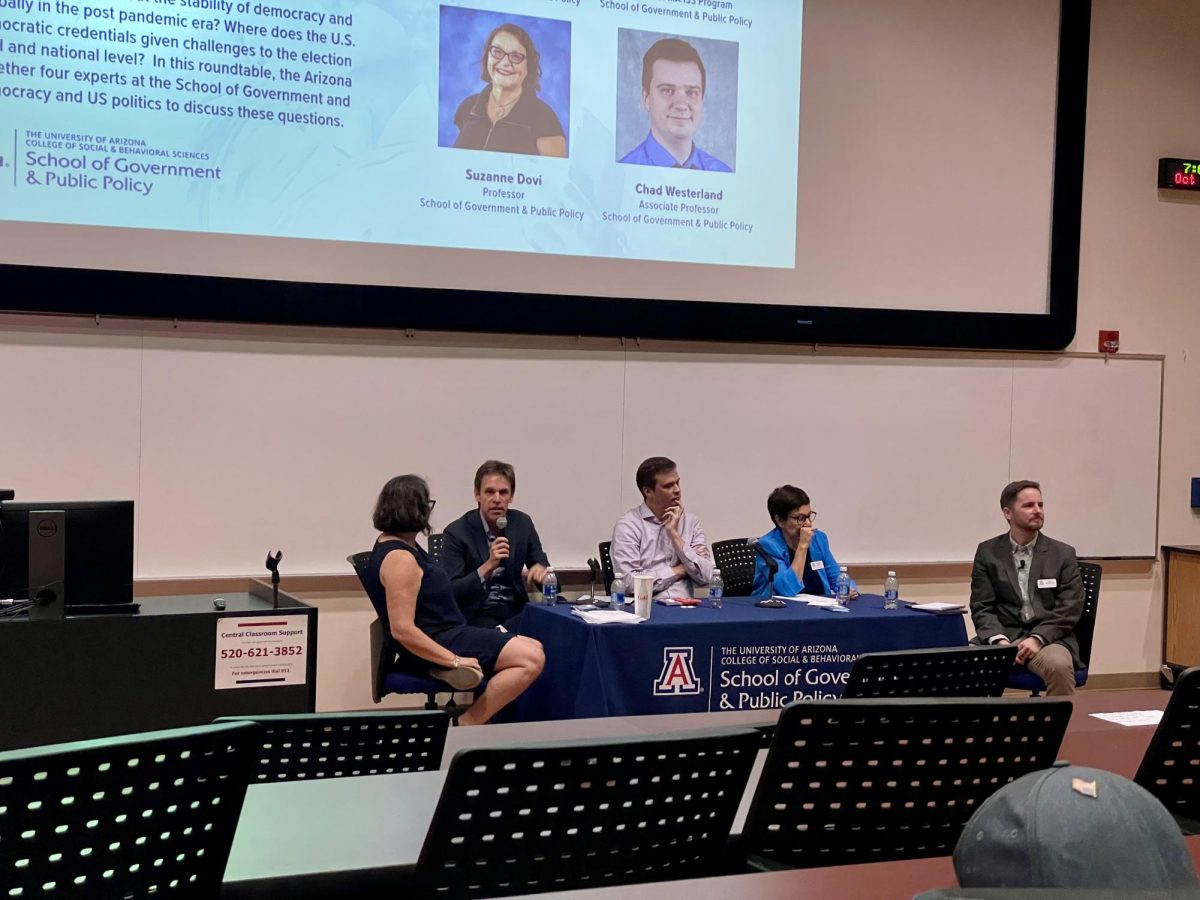By Priya Jandu/Arizona Sonora News
Florence, Arizona, is known for a few things: the annual County Thunder music festival, a few triathlons, an annual motorcycle run and, most notably, the prison complex.
With Gov. Doug Ducey’s announcement of plans to close the 112-year-old Arizona State Prison Complex — Florence during his State of the State address in January, some residents are unsure what that holds for the future of Florence, a small town about 25 miles east of Interstate 10, halfway between Tucson and Phoenix.
Brent Billingsley, Florence’s town manager of four years, said the announcement initially came as a shock to him and some of the other 26,000 people who live in town.
“We actually received an email after the governor’s State of the State address, and that was the first we’d heard of it,” Billingsley said.
Billingsley said the prison is the town’s primary industry. The Florence prison, one of 13 facilities run by the Arizona Department of Corrections, houses about 3,600 inmates.
“It’s one of our largest employers. It has a very large financial impact on the town,” Billingsley said. “From a financial perspective, not only the Arizona state prison and its complex, but the other correctional complexes we’ve had in this town have had a very positive financial impact on the town.”
Though state officials have said they have no plan to cut jobs, residents in Florence still raise concerns about the impact on the town.
Once the town was informed of the future closure, Billingsley and his colleagues began calculating the future impact.
“We have to talk about secondary impact,” Billingsley said. “The state prison, its employees, its management, have been excellent partners with the town of Florence, in terms of assistance and programs, obviously employment. Then there’s all the secondary income that comes from that number of folks that they employ in this town regarding our sales tax revenues… purchases of gas, purchases of food, frequenting restaurants.”
Billingsley estimated the primary and secondary impact totaled $2.5 million, about 15 percent of the town’s budget.
Since the governor’s announcement, the issue has arisen at multiple town meetings, though none were specifically dedicated to discussing the prison closure.
“There’s a lot of interest, a lot of concern among the community,” Billingsley said. “What does this mean to our local economy? What does this mean regarding loss of jobs? What does this mean for Florence going forward?”
Sharon Liedl, owner of Arizona Craft Gallery in Florence, also voiced concerns. The handmade-craft store on Florence’s Main Street has been in town for two years. The window display featured a bright orange shirt with an illustration of a gate and the caption: “Florence, a gated community.”
“I would like to know if it’s feasible if they’re going to do that [prison closure],” said Leidl, who has lived in Florence for 30 years. “Right now, we don’t know. We’re just up in the air over it. It would be nice to know exactly how they’re planning on doing this, and when.”
Age of the facility and cost of maintenance were some of the reasons for closure, Billingsley said.
“In the Governor’s address and other information that’s come out since that time, he lays out specifically the age of that facility, the cost to maintain that facility,” he said.
“One of the ancillary specifications that’s been provided by the state is also that there’s a shortage in workforce and they need more prison guards. Closure of this facility allows them to augment their workforce at other facilities,” he said.
Carol and Hoyt Huckabay, both retired Florence prison employees, agree with the closure.
Hoyt Huckabay worked in maintenance at the prison. He said the facility needs significant repair.
Hoyt Huckabay said he was aware when he worked there of a serious need for renovation.
“The building was so old. Without tearing it down and rehabbing it, nne of it would come up to today’s standards,” he said. The heating and cooling systems were “inadequate” and the water system was functioning poorly.
Carol Huckabay said she had expected the closure to happen eventually.
“Anything old, you’ve got to replace,” she said.
Clayton Cathemer, a real estate agent for Belva’s Real Estate, agreed with the justifications for the closure and wondered if it might spell a new life for Florence. And, he said, the closure could be a new opportunity for Florence.
“There’s enough land there that has irrigation rights that maybe there’s something really cool that can be done there,” he said. Cathemer suggested turning the prison into a museum or workspace.
Benjamin Bitter, Florence’s public information officer, said over email that the town is working with the state to figure out what will happen to the facility after closing.
“The town is yet unaware of the state’s ultimate plans for the facility,” Bitter said. “We hope that, should the facility be emptied, it can be repurposed for other meaningful uses.”
Bitter said more than 3,000 inmates and 81 death row inmates are housed in the Florence prison, which spans 300 acres just off State Route 79.
Bill Lamoreaux, the public information officer for the Arizona Department of Corrections, said specifics for prisoner relocation have not been finalized.
“Inmates at Florence will be moved to other facilities, including contracted beds at county correctional facilities and third-party operators,” Lamoreaux said over email. “Decisions on where specific programs will move haven’t been finalized yet, but these programs are an ongoing commitment and priority for us.”
Lamoreaux also said no employees would lose their jobs with the closure because of jobs available in other correctional facilities. Also, he said, employees will experience increased safety brought by increased staffing levels.
“Closing Florence will allow the department to fill employee vacancies at the nearby Eyman prison, which will enhance safety and security for correctional officers and inmates as well as increase access to rehabilitation programs and other services for inmates,” he said.
Bitter said the closure will take some time.
“We believe it will be a gradual process, probably starting in the next nine months or so,” Bitter said. “It all depends on the state’s ability to get contracts to house the inmates.”
A senior in the University of Arizona School of Journalism, Priya Jandu is the 2020 Don Bolles Fellow. She is assigned to cover the Arizona Legislature full time, and her stories appear on the Arizona Sonora News site for use by news organizations around the state, as part of the UA’s land grant mission. Please let us know when you use one Priya’s stories: [email protected].







